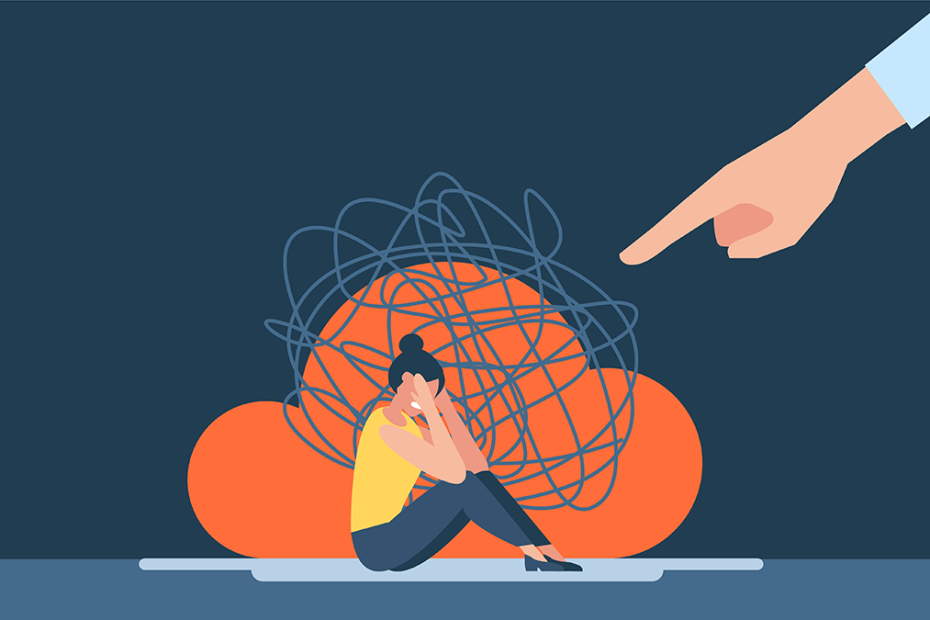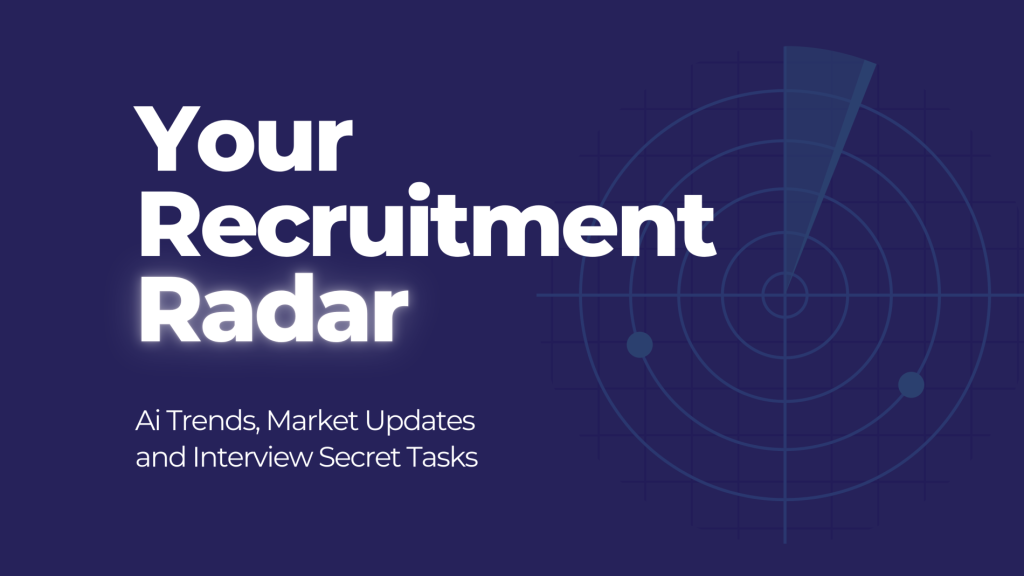In today’s fast-paced and demanding work environments, it’s no surprise that anxiety has become a common challenge for many employees. Dealing with workplace anxiety can be overwhelming, affecting not only one’s mental well-being but also job performance and overall quality of life. However, there are various strategies and approaches that can help you manage and alleviate anxiety in the workplace. In this blog, we will explore the causes of workplace anxiety and provide practical tips to promote a healthier mindset.
Understanding Workplace Anxiety
Workplace anxiety can stem from a variety of factors, including high workload, tight deadlines, excessive pressure to perform, challenging relationships with colleagues or superiors, fear of failure, or even a lack of control over one’s work environment. This anxiety can manifest in physical, emotional, and behavioural symptoms, such as increased heart rate, restlessness, difficulty concentrating, irritability, and reduced productivity.
Strategies for Managing Workplace Anxiety
Recognise and Acknowledge Your Anxiety: The first step in managing workplace anxiety is to acknowledge its presence. Understand that anxiety is a natural response to stress and that you are not alone in experiencing it. By recognising your anxiety, you can begin to take proactive steps to address it.
Identify Triggers: Take note of the specific situations, tasks, or interactions that trigger your anxiety. By identifying these triggers, you can develop strategies to cope with or avoid them when possible. For example, if public speaking triggers your anxiety, you can seek opportunities for public speaking training or practice relaxation techniques to help manage your nerves.
Foster a Supportive Work Environment: Building positive relationships with colleagues and superiors can significantly impact your well-being. Seek support from trusted colleagues, share your concerns, and communicate openly about your struggles. By fostering a supportive work environment, you can create a sense of camaraderie and gain valuable perspectives that may help reduce anxiety. 9 times out of 10 someone else is feeling the same as you, a problem shared is a problem halved.
Practice Self-Care: Prioritise self-care activities to maintain a healthy work-life balance. Engage in regular exercise, get sufficient sleep, and eat a balanced diet. Taking care of your physical health can provide a strong foundation for managing anxiety. Additionally, incorporating relaxation techniques such as deep breathing exercises, meditation, or mindfulness can help reduce stress levels.
Set Realistic Goals and Prioritise Tasks: Breaking down overwhelming projects into smaller, manageable tasks can alleviate anxiety. Set realistic goals and establish a clear plan to accomplish them. Prioritise your tasks based on importance and deadlines, and focus on one task at a time rather than becoming overwhelmed by the big picture.
Improve Time Management Skills: Poor time management can exacerbate anxiety. Learn effective time management techniques such as creating to-do lists, setting realistic deadlines, and utilising productivity tools or apps. By organising your workload and effectively allocating time, you can reduce the pressure and create a more balanced work environment.
Seek Professional Help if Needed: If workplace anxiety persists and significantly impacts your well-being, seeking professional help from a therapist or counsellor can be beneficial. They can provide personalised strategies and support tailored to your specific needs. Here at V7 we offer Vitality Insurance which includes dedicated mental health support.
Anxiety in the workplace is a common challenge that many individuals face. However, by implementing these strategies, individuals can develop a healthier mindset and better manage workplace anxiety. Remember to be patient with yourself, as overcoming anxiety takes time and practice. By prioritising self-care, fostering a supportive work environment, and utilising effective coping mechanisms, you can navigate workplace anxiety and thrive both personally and professionally.
Remember, you are not alone in this journey, and seeking support from trusted colleagues, friends, or professionals can make a significant difference. Embrace the opportunity for growth, and empower yourself to overcome workplace anxiety for a healthier, happier work life.
To find out more about Mental Health Awareness Week, visit the Mental Health Foundations website here.





Great wordpress blog here It’s hard to find quality writing like yours these days I really appreciate people like you! take care
“Thanks for this post, I am a big big fan of this web site would like to go along updated.”